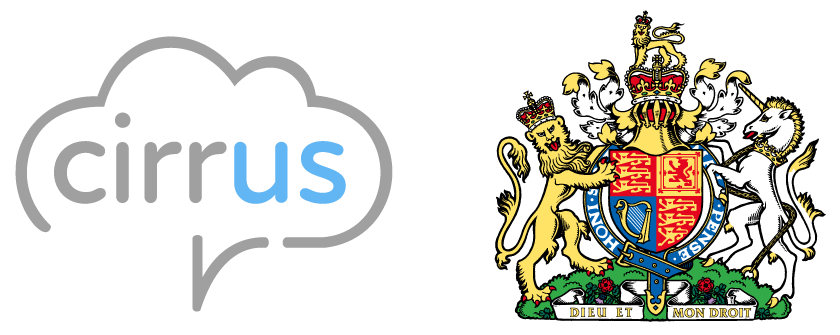When it comes to cloud adoption, the reasons for and against have varied widely over the past decade. Through most of the early years of the twenty first century, the “case for the cloud” was based on the five essential characteristics defined by NIST or similar organisations.
The cloud was available on demand, via the internet. It was based on the principles of pooled resources, elasticity and a utility-based pricing model. However, not all of these defining characteristics were translated into compelling reasons why you should adopt cloud technologies.
During its infancy, the cloud went through a few personality changes – it went from something you moved to, to something you adopted. It started with a capital C but has become a little c over time. In retrospect, these could be interpreted as signs of its acceptance by the establishment.
The early battle for cloud was fought with costs on one side and security on the other. Whilst the predictable, OpEx model associated with cloud deployments is still attractive, it is no longer a USP. Likewise, the initial concerns over security have become less of a deal breaker. It would be naive of us to discount security as a concern completely, but it has become far less of a differentiator, as savvy service providers offer solutions that are secure by design.
Today, the pace at which technology is changing represents a challenge to IT and communications professionals. Consumers are avid adopters of new technologies and media. In a world that is increasingly connected, they demand that businesses provide both the flexibility and engagement that they have come to expect from rapidly deployed consumer applications.
Of course, for most contact centre operations, this is easier said than done. New technologies and channels add complexity to an infrastructure that can already be challenging to manage and maintain. The big data being generated by these systems can only add value if it can be analysed properly; turning information overload into actionable intelligence.
Historically, the concept of agility within the contact centre has meant the ability to scale up or down to meet seasonal variations in demand. This is still important, as eliminating periods where your contact centre is over or under capacity is a key objective for any business. However, it is a narrow view of what agility really means.
Agility is a measure of how quickly your infrastructure can adapt and respond to any change in conditions. Capacity is just one of these. A truly agile infrastructure can rapidly add new features, channels and functionality in response to changing demand or market conditions.
This is where cloud solutions can come into their own. The ease and speed at which new services can be provisioned in the cloud means organisations do not need to overhaul their existing infrastructure to respond to changing demands. The right service provider will be able to deliver new services and features as and when you need them.
The cloud can be used to provide an ops-ready environment for new services and solutions in a matter of minutes, providing a responsiveness that cannot be matched with an on-premises solution.
The customer journey, or experience, is at the heart of any contact centre operation. The use of cloud technologies enables any business to rapidly respond to changing customer expectations and provide a nuanced experience, without having to rip and replace an existing solution.
As cloud adoption rates continue to rise it has become apparent that the real-world benefits of cloud outweigh the purely financial considerations. As the market for cloud technologies matures, economic predictability is trumped by agility.
About Cirrus
Cirrus have been at the forefront of cloud communications for over a decade. To discover more about the agile benefits of a pure cloud solution, contact us on sales@cirrusresponse.com or call us on 0333 103 3333.




